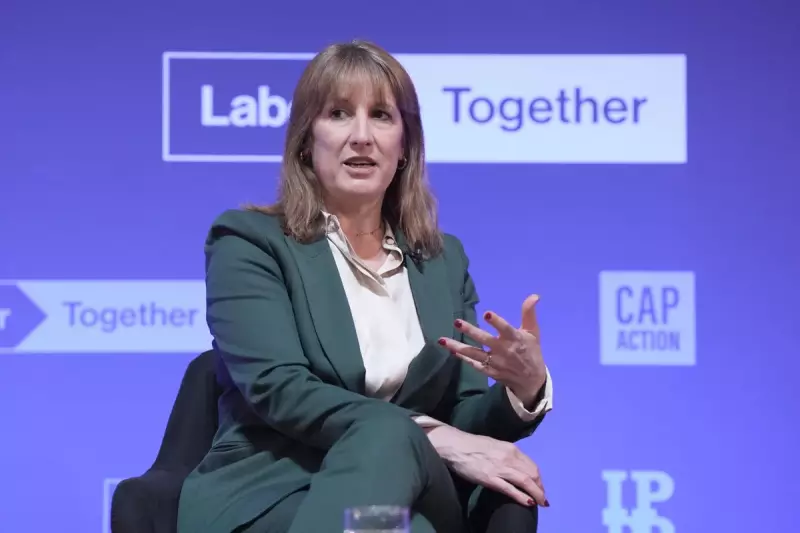
Chancellor Rachel Reeves has abandoned plans to increase income tax and will instead target high-value properties with a new levy in her upcoming Budget, according to reports.
The significant U-turn comes after improved economic forecasts from the Office for Budget Responsibility, allowing the Chancellor to step back from breaching Labour's manifesto pledge on income tax rates.
Budget Details and New Property Levy
According to The Telegraph, Ms Reeves will introduce a new tax on some of the most valuable homes, a move that will predominantly affect properties in London and the South East.
The proposed measure would see approximately 2.4 million properties across council tax bands F, G and H revalued. A separate surcharge would then be applied to around 300,000 of the highest-value homes, creating an additional charge on top of their existing council tax bills.
Meanwhile, The Times reports that the Chancellor will extend the freeze on income tax thresholds for another two years until 2030. This so-called 'stealth tax' is expected to raise approximately £8 billion annually for the Treasury by dragging more people into higher tax brackets as their wages increase.
Economic Context and Market Reaction
The decision represents a dramatic shift from Ms Reeves's previous position. As recently as Monday 10th November, she had suggested that sticking to manifesto commitments might necessitate "deep cuts" to public investment.
Other tax changes believed to be under consideration include limits to salary sacrifice schemes and new measures to tax electric vehicles. The Treasury appears to be pursuing a "smorgasbord" approach of raising multiple smaller taxes rather than implementing one large-scale change.
Financial markets reacted to the speculation, with government borrowing costs rising on Friday as news of the change in direction sparked a sell-off in gilts. However, markets later stabilised as the reasoning behind the Treasury's decision-making became clearer.
Expert Analysis and Political Implications
Helen Miller, director of the Institute for Fiscal Studies (IFS), commented that while last-minute Budget changes are "not unusual" for chancellors, this particular reversal could concern investors.
"The news that Rachel Reeves has backed away from a plan to increase the rates of income tax will lead investors to worry that the chancellor will instead increase a range of smaller taxes that can be more damaging to economic growth," Ms Miller stated.
She added that investors might also interpret the change as signalling "that this government are reluctant to do politically difficult things," potentially leading them to "demand higher returns when lending to the government."
The IFS chief suggested that if the government opts for raising multiple smaller taxes, they should be reformed simultaneously "so that they do less damage to growth."
A Treasury spokesperson maintained the department's standard position, stating: "We do not comment on speculation around changes to tax outside of fiscal events."
The Budget is scheduled to be announced on Tuesday 26th November 2024.





